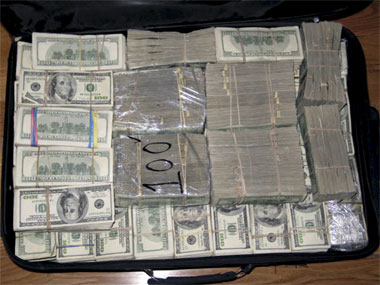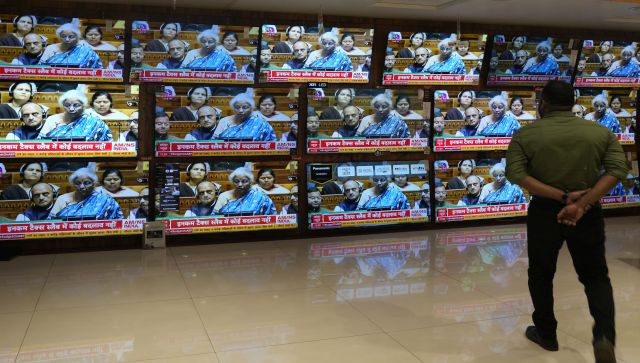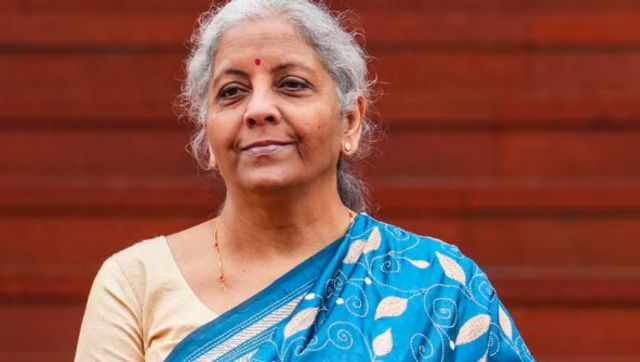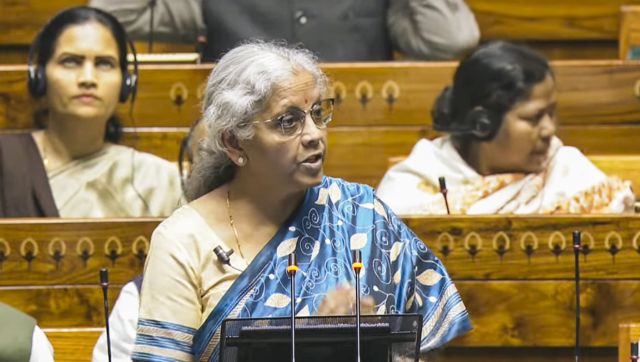The debate over the black money trail refuses to die. Finance minister Pranab Mukherjee did not disclose details of people who have accounts overseas. He said he would do so in the court.
It is next to impossible to get the money back. A paper by Dev Kar of the US-based Center for International Policy published in Economic & Political Weekly on April 9 argues that complex ?nancial instruments such as derivatives and trust companies are structured in such a way that tracing the ultimate bene?ciary of such investments is next to impossible.
Furthermore, proving that a certain individual received illicit funds from a speci?c source for a speci?c illegal activity (as a result of bribery, kickbacks, drug traf?cking, etc) and then transferred those funds on a speci?c date to a speci?c account in a secrecy jurisdiction is almost impossible to do in a court of law, the paper adds.
Kar puts the value of the illicit assets at $ 462 billion at 2008 prices. The illicit flows grew at a compound nominal rate of 11.5% per annum while in real terms they grew 6.4% per annum.
B Muthuraman, vice chairman of Tata Steel and now CII President, has suggested a one-time amnesty to those disclosing their assets. He said that this should only be a one-off scheme and not repeated. Those not disclosing details should be dealt with firmly. However, this could simply be wishful thinking.
“It is unlikely that there would be many seeking an amnesty for the return of illicit assets,” the paper says. This is because tax amnesty programmes will do nothing to encourage criminals and others who have transferred illicit funds abroad since those funds are not subject to income taxes anyway.
The government’s attempts to con?scate illicit funds through a unilateral declaration of ownership will fall ?at because as far as owners of illicit capital are concerned, the government declaration does not bring about a material change in their situation. The funds continue to be illicit as before and owners continue to have access to their illicit funds outside the country in full cooperation of secrecy jurisdictions without any knowledge of the Indian authorities.
The paper advised developing countries to strengthen tax compliance rules and also tells developed nations to show greater accountability when it comes to hoarding illicit money from developing countries.
)
)
)
)
)